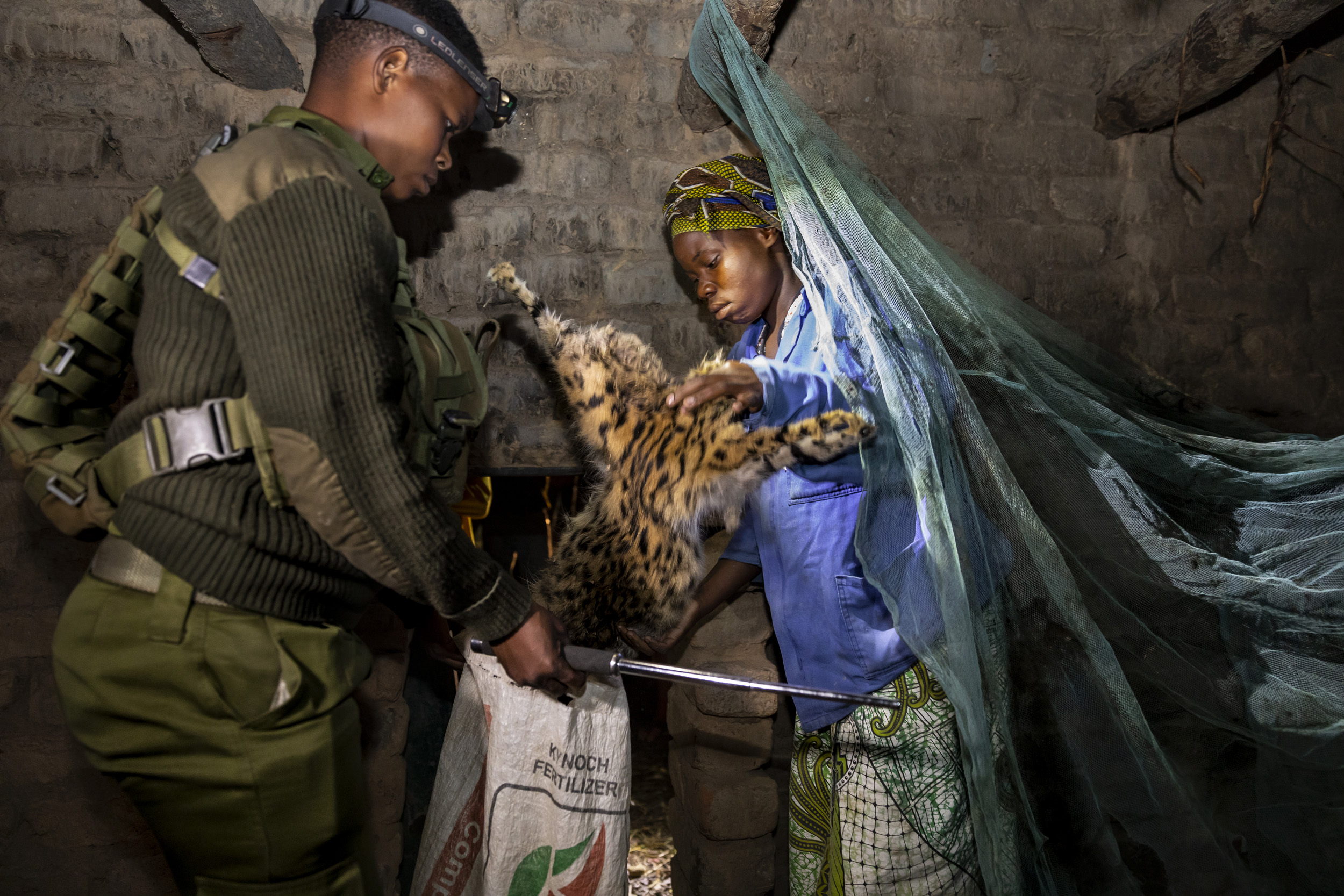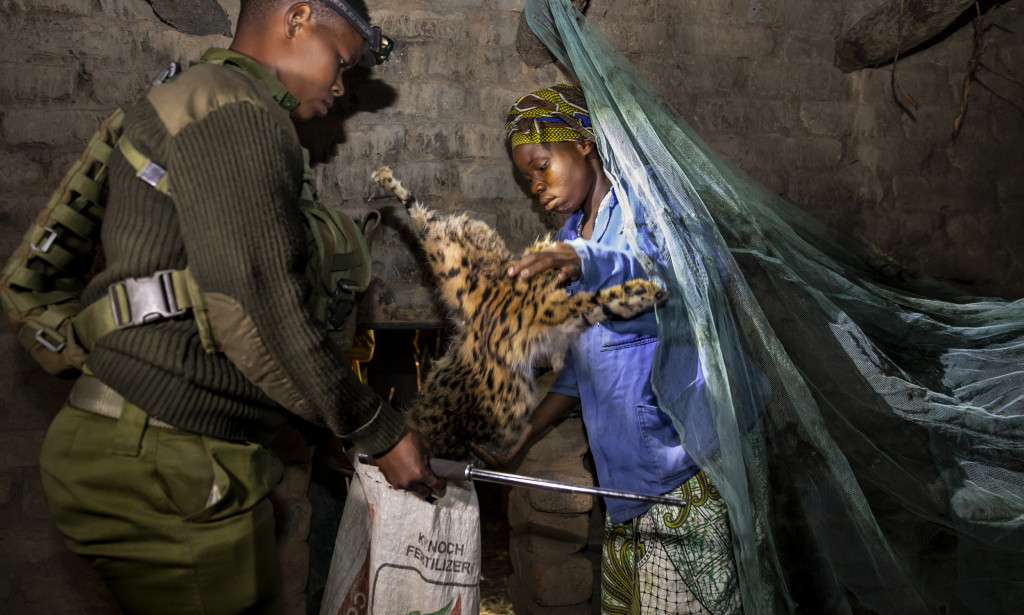
Image Credi:
Akashinga - The Brave Ones — Brent Stirton
Zimbabwe, a country blessed with rich biodiversity and dramatic landscapes, has long been a crown jewel of African tourism. From the thunderous Victoria Falls to the untamed wilderness of Hwange National Park, the nation offers an unparalleled experience for eco-tourists, safari lovers, and conservation enthusiasts. However, beneath the surface of this natural beauty lies a persistent threat: poaching.
Poaching, the illegal hunting or capturing of wild animals, has posed serious challenges to Zimbabwe’s tourism industry, wildlife conservation efforts, and socio-economic development. While the country continues to promote sustainable tourism, the fight against poaching remains central to its future.
Zimbabwe's Wildlife Appeal
Zimbabwe is home to a wide variety of iconic African species, including:
-
Elephants in Hwange National Park
-
Rhinos in the Matobo Hills and Lowveld conservancies
-
Lions, leopards, and buffaloes in multiple national parks
-
Unique birdlife and reptiles found nowhere else on earth
Tourists from around the world come to witness these majestic creatures in their natural habitat. Wildlife-based tourism contributes significantly to the national economy, accounting for thousands of jobs and millions in foreign revenue.
The Threat of Poaching
Despite its tourism potential, Zimbabwe faces ongoing challenges from poachers who target:
-
Elephants for ivory
-
Rhinos for horns
-
Rare birds and reptiles for illegal trade
-
Bushmeat hunting for commercial or subsistence purposes
These illegal activities not only endanger species but also undermine the core of the tourism sector. Tourists come to see thriving wildlife—not empty plains or protected species on the brink of extinction.
Economic and Social Impacts
Poaching has ripple effects that extend far beyond the loss of individual animals:
-
Reduced tourist confidence: Fewer sightings can mean fewer visitors, and bad publicity about poaching incidents can drive travelers elsewhere.
-
Community conflict: In many cases, poachers are locals driven by poverty, creating tension between conservationists and surrounding communities.
-
Revenue loss: Parks and lodges lose income, which in turn reduces their ability to invest in anti-poaching patrols and conservation programs.
What Zimbabwe Is Doing to Fight Back
To combat poaching, Zimbabwe has adopted a range of strategies:
-
Ranger Patrols and Anti-Poaching Units
Organizations like the Zimbabwe Parks and Wildlife Management Authority work with NGOs to deploy rangers who patrol vulnerable areas and engage with local communities. -
Community-Based Conservation
Programs such as CAMPFIRE (Communal Areas Management Programme for Indigenous Resources) share tourism revenue with local communities to give them a stake in protecting wildlife. -
Use of Technology
Drones, GPS collars, camera traps, and real-time monitoring systems are now used to detect illegal activities faster and more efficiently. -
Education and Awareness Campaigns
Through schools, villages, and media, Zimbabwe continues to educate people—especially youth—about the importance of wildlife and the long-term cost of poaching. -
Stronger Legislation and Penalties
Wildlife protection laws have been tightened to impose stricter penalties on those found guilty of poaching or trafficking.
Challenges That Remain
Despite these efforts, Zimbabwe still faces several hurdles:
-
Corruption in some sectors of law enforcement and customs can allow illegal activities to go unpunished.
-
Insufficient funding for equipment, salaries, and infrastructure in parks.
-
Cross-border poaching syndicates operating between Zimbabwe and neighboring countries such as Mozambique and Zambia.
The Way Forward: Sustainable Tourism as a Solution
Poaching is not just a conservation issue—it’s a threat to a vital part of Zimbabwe's economy. The future lies in building a sustainable tourism model that:
-
Empowers local communities
-
Promotes ethical wildlife encounters
-
Strengthens cross-border collaborations
-
Engages international partners in conservation funding
Tourists can also play a part by supporting ethical operators, avoiding products made from wildlife parts, and spreading awareness.
Zimbabwe’s rich wildlife heritage is both a gift and a responsibility. While poaching remains a dark shadow over its tourism potential, there is hope. Through combined efforts in conservation, community empowerment, and responsible tourism, Zimbabwe can protect its wild treasures—and ensure that future generations of travelers can experience the awe of Africa in its purest form.


You must be logged in to post a comment.